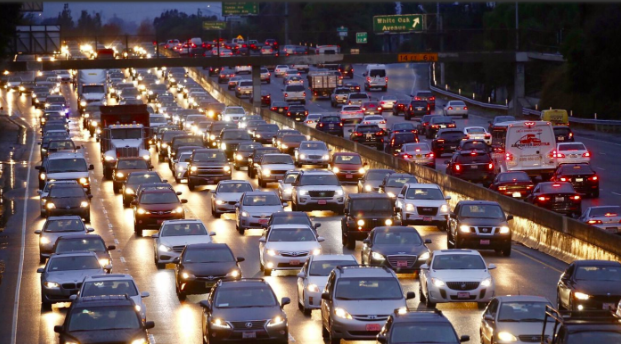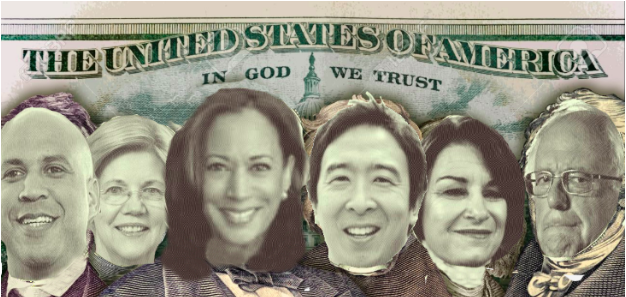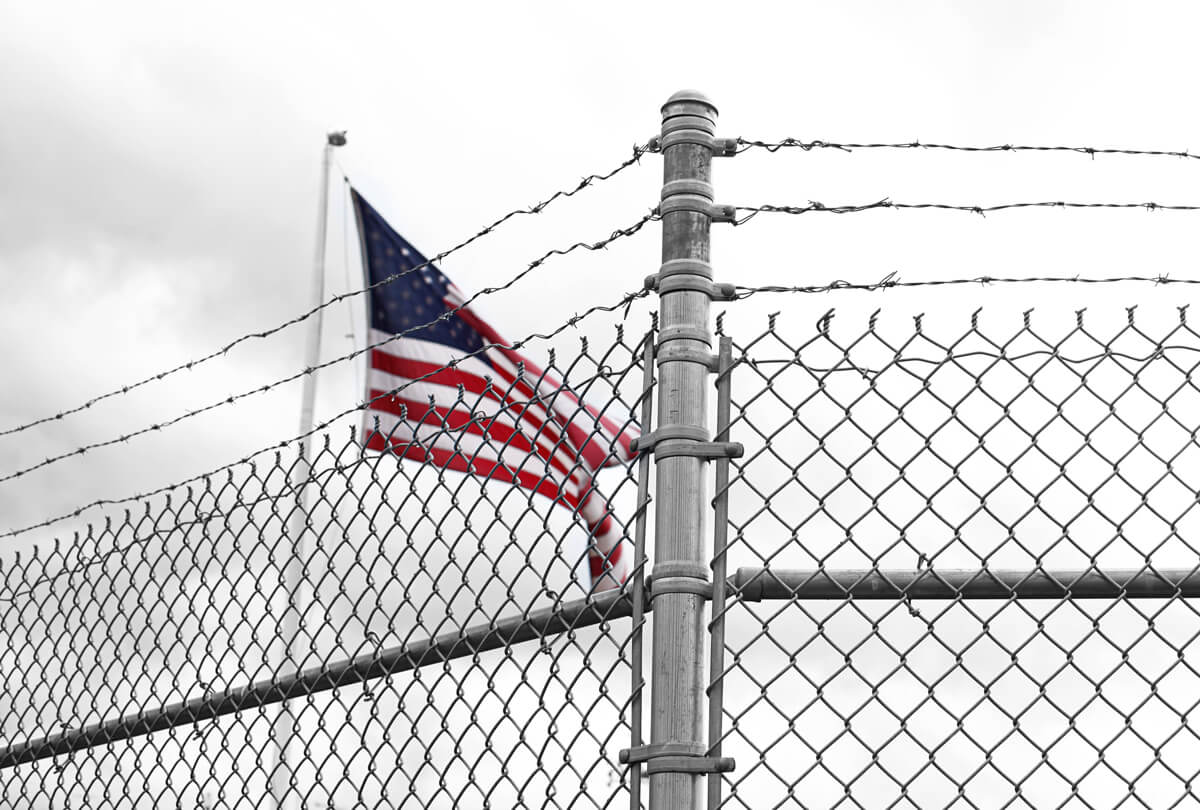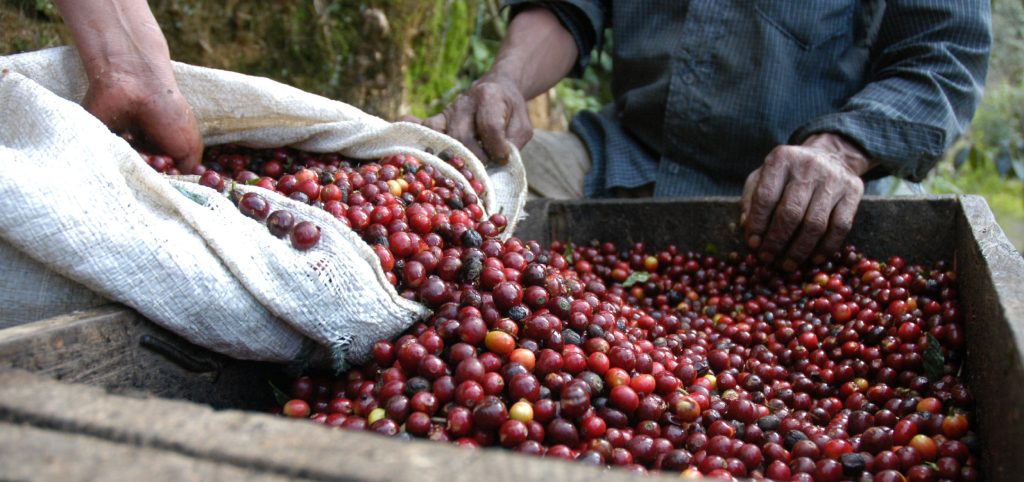
VASSILISA RUBTSOVA – OCTOBER 18TH, 2018
In November, California voters will have the option to vote on Prop 6 to repeal the Road Repair and Accountability Act of 2017. This act placed a 12 cent-per-gallon excise tax on regular gasoline, set higher taxes on diesel fuel, and created new vehicle registration fees. It is estimated that these new taxes and fees will generate $5.2 billion annually over the next decade. The revenue generated from the gas tax will be spent on repairing roads, bolstering traffic safety, and funding public transit projects.
Since its conception, there has been strong opposition to this piece of legislation, with most critics citing the adverse effects the excise gas tax has on the low-income households. Following the passage of this legislation, Assemblyman Devon Mathis, a Republican from Visalia, said in a written statement, “It’s not the wealthy, Tesla-driving, coastal Californians that will be hurt [by the gas tax], it will be those struggling to put food on the table, pay their cell phone bill on time, and fill up the gas tank to get to school and work that will be devastated by this massive tax increase.”
Assemblyman Mathis has a point. The gas tax is a regressive tax that does hurt lower and middle-class households the most. The tax puts a great burden on Californians, especially low-income residents, whose cars are typically less fuel efficient than those of wealthier Californians. The tax increases the cost of gas by up to $800, which is almost impossible for low-income households to tackle without serious sacrifice. And when the gas tax went into effect in July, lower and middle-class families instantly felt the effect with gas prices soaring overnight. As a result, the gas tax is extremely unpopular with Californians. UC Berkeley’s Institute of Governmental Studies found that only 35% of Californians favored the tax and 58% opposed it.
The question becomes: would Californians view this tax more favorably if they saw the improvements in transportation? In an effort to counteract the growing support for Prop 6 to repeal the gas tax, state officials have fast-tracked a large number of road repair projects. But these projects are not likely to increase support for the gas tax. To understand why, we must review how the revenue generated by the gas tax will be used and the history of transportation funding in California.
The Road Repair and Accountability Act of 2017 outlines how the revenue generated by the taxes and fees collected will be used. One hundred percent of the gas excise tax will go towards towards road maintenance. The entirety of the diesel sales tax and a portion of the transportation improvement fees will go towards public transit projects with the rest going towards road maintenance. The diesel sales tax and transportation fees generate less revenue than the gas excise tax. Transportation funds heavily flow towards road improvements and public transit is an afterthought.
In the long run, this will not solve any of the issues that originally led to the need for extra funds through the Road Repair and Accountability Act. Repairing roads, constructing more roads, adding lanes, and other road maintenance projects only increase problems such as congestion and pollution, ultimately leading to even worse roads. In California, people are continuing to buy more cars and the fundamental rule is that more roads just lead to more traffic. A classic example of this is the $1 billion project in Los Angeles that widened the 405 freeway, which only caused even more traffic. All of this revenue is essentially going towards worsening traffic conditions which ultimately leads to even worse roads.
A better use of this funds would be using more of this funding generated by the excise tax towards public transportation. Public transportation is truly the only viable solution to the problems transportation faces in California. And it is time to start investing now.
Funds are not only being used ineffectively, but also being generated ineffectively. The opposition to the excise tax alone shows that this funding is unstable because there is a mountain of support to repeal the tax, thus threatening the funding for transportation improvement. Historically, excise taxes were not always the way transportation funding was raised. Up until 2010, a gas sales tax generated funding for transportation. In 2010, a gas tax swap traded the gas sales tax for an excise gas tax, the difference being that a sales tax is a percentage of the price paid for a good and an excise tax is tax per unit of good. The swap was designed to be revenue neutral. However, prior to the tax swap, the gas sales tax would provide in part funding for public transportation. Its elimination actually created a gap in funding. This gap was felt by the Public Transportation Account, the source of funds for public transit, that received the excess of the sales tax. Transitioning back to a combination of a sales tax and excise tax would possibly be the better alternative to the current excise tax because consumers tend to react better to sales taxes than excise taxes. This would mean there would not be this intense pushback to the sales tax as there is to the excise tax.
So is it worth repealing the Road Repair and Accountability Act? Probably not. California infrastructure and public transit is extremely underfunded and repealing this tax puts the state back to square one. It is especially important to have sufficient funds for transportation right now since Trump announced that he plans to give $200 billion for funds for road repair projects contingent on state’s matching funds. Rather than repealing the tax in November, voters should elect state officials that prioritize improving transportation and promoting public transit. The tax can be significantly improved and it should be but repealing it would only hurt the state more.
Featured Image Source: The Los Angeles Times
Disclaimer: The views published in this journal are those of the individual authors or speakers and do not necessarily reflect the position or policy of The Berkeley Economic Review staff, the Undergraduate Economics Association, the UC Berkeley Economics Department and faculty, or the University of California – Berkeley in general.




Interesting point of view. I should agree on inefficiency or the gas tax use. Probably author is right. The repeal of the act would create the unexpected gap in the financing and create general disbalance in the budgeting process. Nevertheless, author is properly highlighted the lack of accountability for the use of the funds and lack of proper transportation planning. There is no guarantee that Sacramento politicians would not waste gas tax earmarked for the public transportation, same as they did with other projects. Probably, the solution might be in suspension of the tax pending proper audit and accounting of the already spent money. The results of it and properly presented plan of viable public transportation would explain to the taxpayers the necessity of tax. Thank you for highlights.
Re., “And when the gas tax went into effect in July, lower and middle-class families instantly felt the effect with gas prices soaring overnight.”
The 12-cents gas tax increase went into effect Nov. 1, 2017.
https://www.sacbee.com/news/local/transportation/article181353061.html
Furthermore, gas prices regulate daily. I literally biked by my neighborhood gas station last week and the price of gas dropped from $4.299 to $3.99 per gallon. Also, gas stations are not required to increase the price based on increased gas taxes.